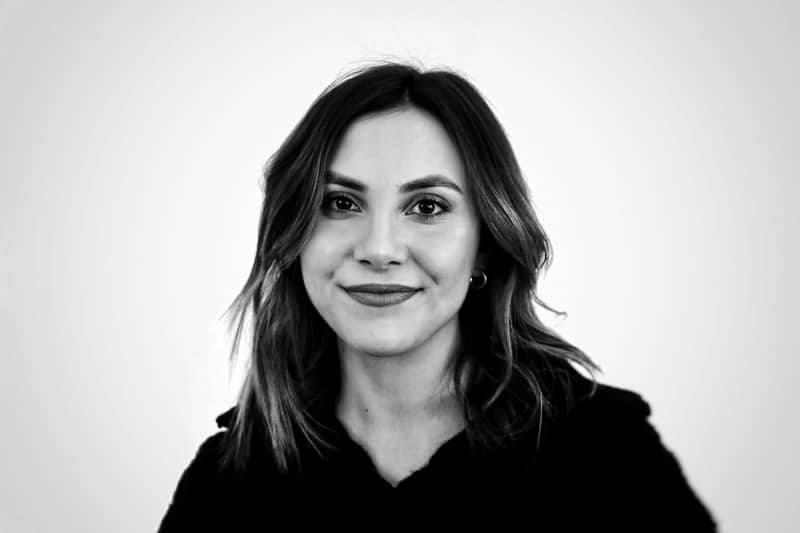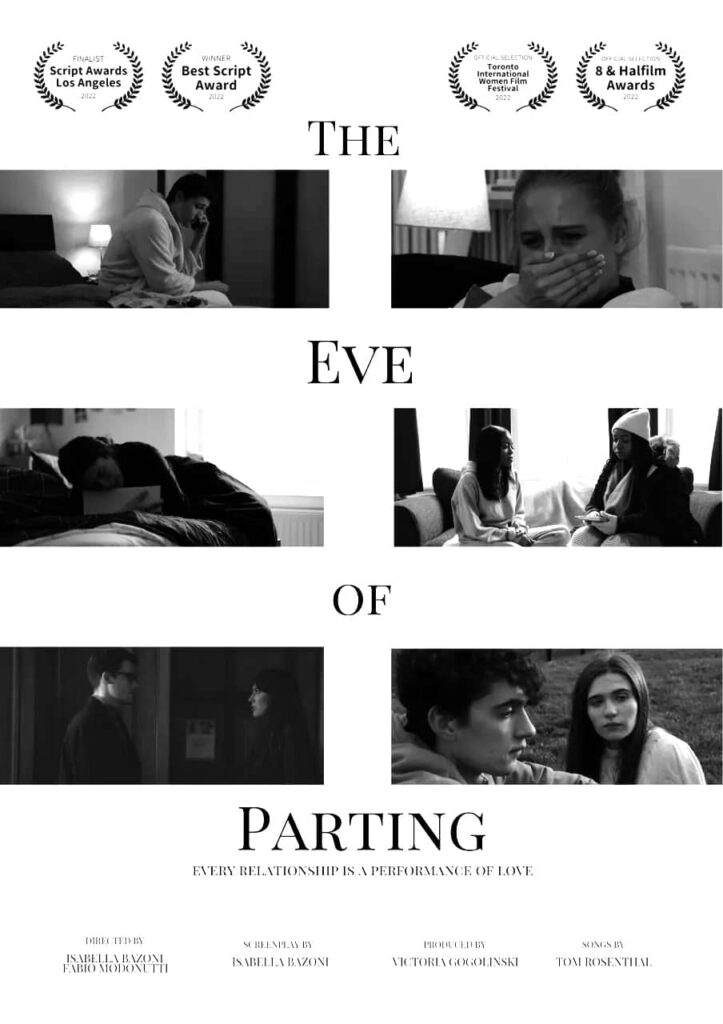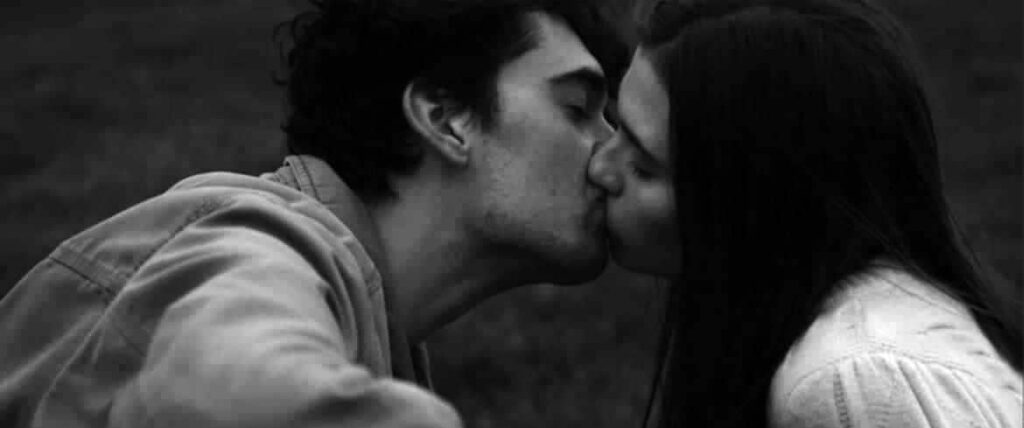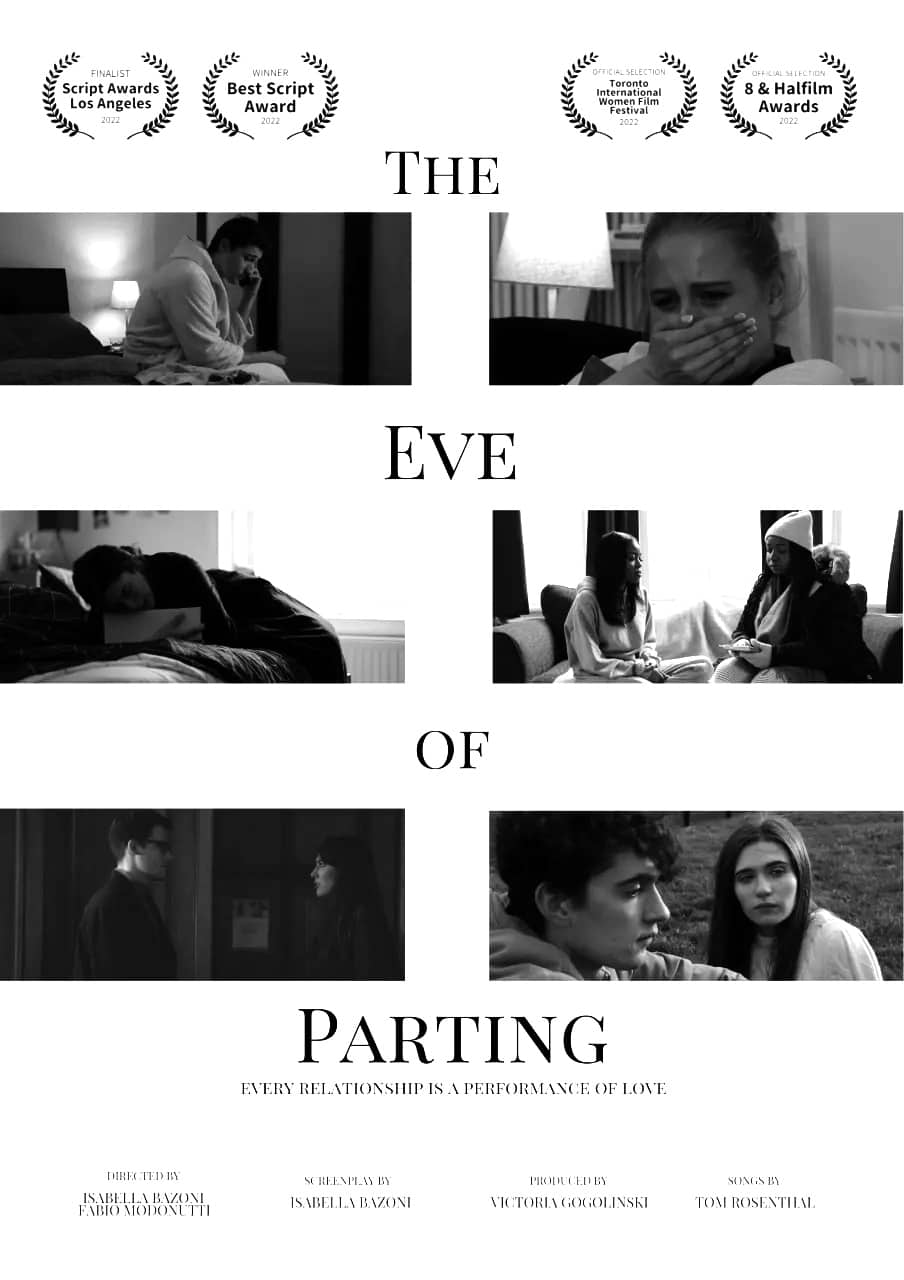
-Who is Isabella Bazoni?
I am a London-based photographer, writer, and filmmaker. I was born in Reggio Emilia, Italy; then,
I immediately moved to Riccione with my family, where I have lived most of my life. I then moved
to London three years ago for university, and I’m currently studying at UAL while freelancing for
different things. I work on anything that catches my interest and attention, privileging low-budget,
independent films and documentaries, as well as art and fashion-related projects.
-What inspired you to become a screenwriter?
I have always loved listening to and telling stories. I have always been the person in the room
asking people how they met or where they’re from. I’ve been writing things since I can remember
but growing up, I have been more and more drawn toward visual storytelling and film. So, for me,
becoming a screenwriter was the natural combination of my passion for writing stories and for
film.

Do you think the cinema can bring a change in the society?
I do believe there is a strict relationship between what we see on a screen (which can be a film, a
documentary, or even news broadcasting) and our lives. The moving image has a very specific
way of imprinting itself in our minds and influencing our everyday thoughts and actions. That’s
why filmmaking is such a complex art that involves so many people. What I believe we need right
now to bring better changes to society is a more varied and diverse film industry. This means new
stories, directors, actors, and influences. Like every kind of art, cinema has the ability to portray
the zeitgeist and shape it at the same time, so it’s essential that, as filmmakers, we understand
our surroundings to create something new and hopefully bring something valuable to society.

–What would you change in the world?
We are all living through very complicated, difficult times. Therefore, what I hope to see in the
following years, not only in the film industry but across all creative and non-creative industries, is
a more open approach to hiring and giving chances to younger generations. We are often asked
to take risks, while the people that are supposed to give us an opportunity are the ones who are
not taking them. The creative industry lives off of new, fresh ideas, so for it to thrive, new, fresh
generations must be involved.
–Where do you see the film industry going in the next 100 years?
Being a relatively young art form, I believe that film will change a lot in the future. This doesn’t
mean that we are going to lose what can be considered the ‘traditional’ form of cinema, but the
industry is definitely evolving and looking at many different options (such as streaming platforms,
social media series, etc.). There is still a lot that can and needs to be done, and I am definitely
very excited to see what will happen in the industry in the future.

